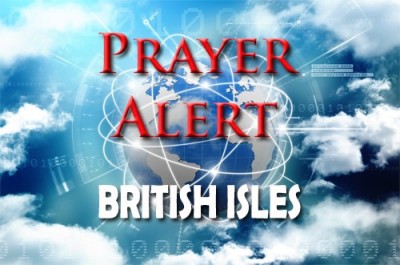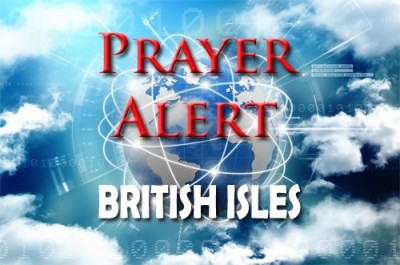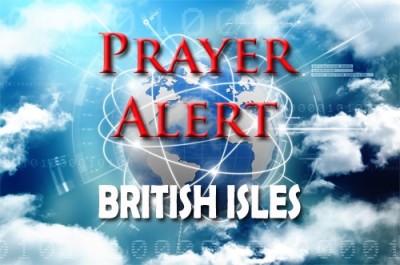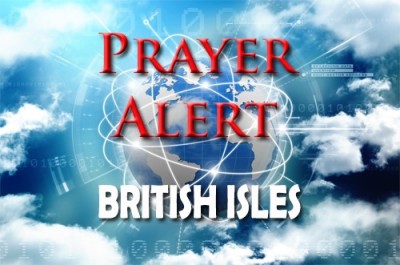Regional leaders in Southeast Asia are divided over how to respond to Myanmar’s ruling military junta. After the coup in 2021, ASEAN called for an immediate end to violence, constructive dialogue, the appointment of a special envoy, humanitarian assistance, and a visit by a regional delegation – conditions that the junta has largely ignored. Some governments favour renewed engagement with the ruling authorities, hoping dialogue may reduce conflict. Others insist recognition should wait until violence stops and meaningful participation from all groups is possible. A third group tries to balance principles with diplomacy, maintaining contact while withholding full acceptance. The lack of agreement has stalled regional efforts to bring peace, leaving civilians caught in ongoing instability years after the military takeover. Humanitarian needs continue, refugees cross borders, and uncertainty weakens trust between nations. The situation shows how difficult peacemaking becomes when security, national interests, and justice collide.
Tomorrow, Tuesday 17th February 2026, many believers from every nation will unite in prayer for Buddhist peoples - and we couldn’t be more expectant. This Global Day of Prayer for Buddhist Peoples is a momentous invitation to join with the worldwide Body of Christ in lifting up more than half a billion Buddhist people who have yet to encounter the living Jesus.
More than 135 million people have already committed to be praying with us — and the counter on the website continues to grow! If you haven’t yet, click to tell us that you are praying and stand with this global movement of intercession.
 Our online Prayer Guide, available in multiple languages, is designed to help you pray with focus, faith, and insight — whether you’re praying alone, with your family, in home groups, or gathered with your church. Use it to intercede for key cities and regions, ask God to send forth laborers into every unreached Buddhist people group, and call forth spiritual breakthrough across Asia and beyond.
Our online Prayer Guide, available in multiple languages, is designed to help you pray with focus, faith, and insight — whether you’re praying alone, with your family, in home groups, or gathered with your church. Use it to intercede for key cities and regions, ask God to send forth laborers into every unreached Buddhist people group, and call forth spiritual breakthrough across Asia and beyond.
We also rejoice that the Global Family 24-7 Prayer Room is praying with us throughout the 24-hour timeline. You’re invited to join them by signing up HERE.
 We’re thrilled to launch the new worship anthem, Tsunami — written by my friends Jon Shabaglian and Sam Hart of Psalmist Mission especially for this Global Day of Prayer!
We’re thrilled to launch the new worship anthem, Tsunami — written by my friends Jon Shabaglian and Sam Hart of Psalmist Mission especially for this Global Day of Prayer!
This song is rooted in Habakkuk 2:14: “For the earth will be filled with the knowledge of the glory of the LORD, as the waters cover the sea.”
May it stir your heart as you join with millions around the world in a rising wave of worship for Jesus!
 Let’s stand together in faith, worship, and prayer for the salvation of Buddhist peoples — believing God for harvest, revelation, and the Glory of Christ to cover the earth!
Let’s stand together in faith, worship, and prayer for the salvation of Buddhist peoples — believing God for harvest, revelation, and the Glory of Christ to cover the earth!
All for the Glory of the Lamb
Dr Jason Hubbard - Director
International Prayer Connect
Southern Baptists are seizing a remarkable evangelistic opportunity as the 2026 Winter Olympics unfold in Milan / Cortina. International Mission Board (IMB) missionaries serving across Italy have partnered with hundreds of American volunteers to proclaim the hope of Christ to the nations gathered for the Games. Outreach strategies include distributing Bibles and copies of John’s gospel, hosting welcoming hospitality points, and engaging in Olympic pin trading – each pin carrying a QR code linking to a multilingual gospel presentation. Kim Cruse of Tennessee is leading a team and encouraging bold, faith-filled conversations, reminding volunteers that many people are more spiritually open than we assume. Teams have prepared using AI chat tools to practise engaging with varied worldviews. Missionaries Dylan and Isaura Jeronimo-Lancaster are welcoming faithful church partners, reflecting the power of long-term collaboration. Volunteers testify that such global events offer a rare, God-given opportunity to impact lives from every continent with the timeless message of Christ.
Tim Allen’s 13-month 'no skimming' Bible journey
13 Feb 2026Actor Tim Allen has publicly celebrated completing a 13-month, word-by-word journey through the entire Bible – a 'no skimming' commitment from Genesis to Revelation. The 72-year-old, known for the films Toy Story and The Santa Clause, shared that he felt 'humbled, enlightened and amazed' by what he read, and plans to begin again after time for reflection and meditation. His announcement drew encouragement from fans and Christian leaders, including Family Research Council president Tony Perkins, who invited him to join a two-year Bible study. Allen has become increasingly open about his faith, and in a recent podcast he reflected on the relationship between God’s law and human sin. Last year he revealed he had never previously read the Bible fully; he began with the Old Testament and found it 'amazing and not at all what I was expecting’. He has also called for clearer Christian themes in The Santa Clauses series, insisting Christmas be recognised as rooted in Christ.
EU 'the biggest prize', Reeves says
13 Feb 2026Rachel Reeves has described closer trade relations with the EU as 'the biggest prize' for the UK economy, signalling Labour’s desire for further alignment with Europe. She said that while deals with India, the USA, and other nations are welcome, none compare in scale to improving trade with the EU, which accounts for nearly as much UK trade as the rest of the world combined. She favours removing barriers for businesses and rebuilding trust with European partners, citing renewed participation in the Erasmus programme and plans for a Youth Mobility Scheme as signs of progress. Though Labour’s manifesto rules out rejoining the single market or customs union, several senior figures have suggested deeper integration could boost growth. Critics accuse the Government of attempting to dilute Brexit, warning against surrendering tariff control or repeating complications seen in other customs arrangements.
Thames Valley Police have confirmed they are assessing fresh allegations that a woman was allegedly sent to Windsor in 2010 for 'sexual purposes' involving Andrew Mountbatten-Windsor. Officers are liaising with US law enforcement after reports linked to the late Jeffrey Epstein resurfaced. They say that no formal complaint has been made directly to them by the woman or her lawyer, but they are following established procedures and taking the matter seriously. Mountbatten-Windsor has repeatedly denied any wrongdoing. Two other women have previously alleged they were sent to the UK in connection with Epstein, one being Virginia Giuffre, who claimed this happened in 2001. Police are also assessing email messages which appear to show that confidential documents were shared with Epstein during Andrew’s time as trade envoy. Former prime minister Gordon Brown has urged a thorough re-examination of earlier investigations.
A fresh political row has raised new questions about Keir Starmer’s judgment following controversy over the appointment of Lord Matthew Doyle to the House of Lords. Former Downing Street communications director Tim Allan has stated he informed the prime minister about Doyle’s past association with Sean Morton, a convicted sex offender, before Doyle was offered a peerage. Allan said Doyle admitted believing Morton’s claims of innocence prior to conviction but did not disclose campaigning on his behalf. Lord Doyle has apologised for an 'error of judgement' but has declined further comment. There has been considerable unrest within Labour, with MPs voicing concern that repeated vetting controversies are damaging public trust. Comparisons have been drawn with the criticism surrounding Lord Mandelson’s appointment, prompting calls within the party for stronger scrutiny of honours and peerages. With parliament entering recess, pressure remains on the prime minister to reassure colleagues and the public that due diligence and safeguarding standards are being handled responsibly at the highest levels of government. See
Economy grows by worse-than-expected 0.1%
13 Feb 2026The UK economy grew by just 0.1% in the final quarter of 2025, below the 0.2% forecast by many economists, according to the Office for National Statistics. The figure mirrors growth in the previous quarter, reinforcing concerns that the economy remains sluggish. The services sector showed no growth, manufacturing provided the main boost, and construction recorded its weakest performance in over four years. If measured per head of population – a clearer indicator of living standards – output declined across the second half of the year. Although overall growth for 2025 slightly exceeded that of 2024, unemployment has risen to 5.1%, and small businesses report pressures comparable to the Covid period. Investment is reportedly restrained by higher employment costs and global uncertainties, including international trade tensions. Rachel Reeves defended the Government’s economic plan, highlighting falling inflation and interest rate cuts. However, economists warn that policy clarity and stable foundations are essential if growth is to strengthen meaningfully in 2026.







